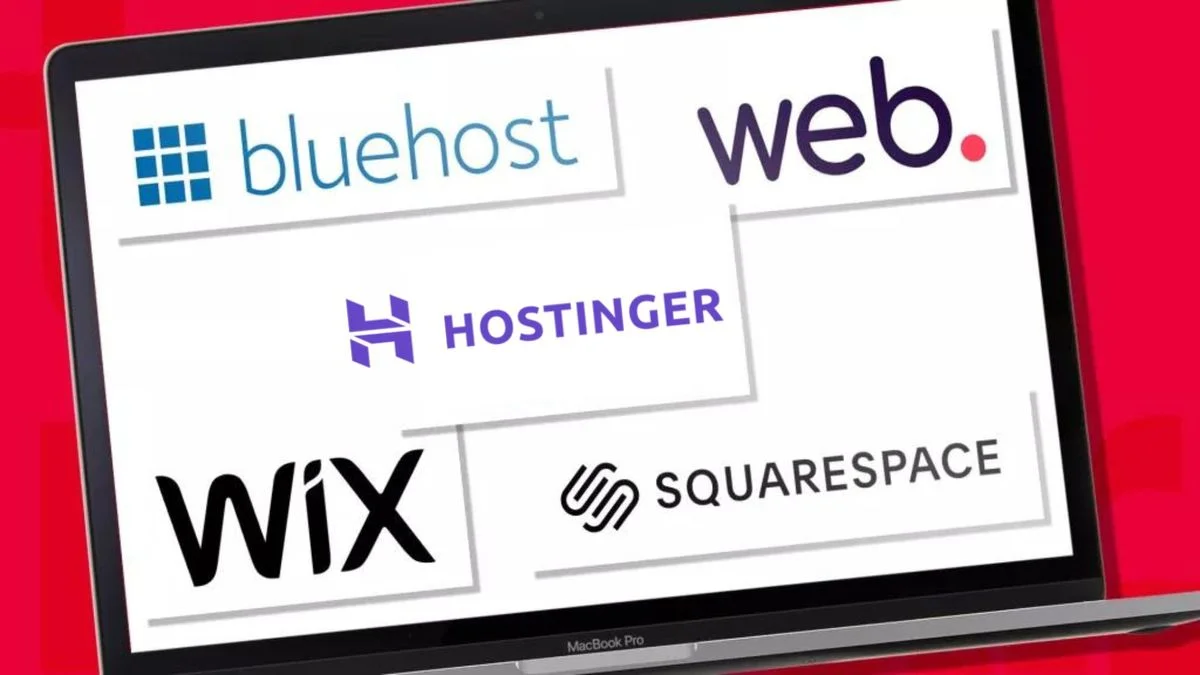Opening a new store in your city? You have hired employees, planned the layout of the store, got all the products you will sell, bought your POS system, and finalized your branding. But have you signed a lease agreement on a storefront? If not, you do not have a physical place still for the store.
Having your website without web hosting services is the same as that. A domain and website page files will exist, but your visitors will not be able to locate your site on the Internet. Likewise, your retail store clients will not have a place to visit if you do not have your physical store. Thus, it is vital to have a web host for your website.
In this context, let us find out what web hosting is, how it works, and how to choose the best website hosting service provider.
An Introduction to Web Hosting
Website hosting refers to how you share a site on the web for individuals to visit. All websites are stored on servers. Those servers make the site available for users.
The “hosting provider” or “website host” is a company that owns the web server and maintains it. Additionally, such companies often offer helpful support, resources, and services such as custom email addresses and domain registration. This makes choosing the best website hosting service a vital process. Your selection will impact your site’s security, performance, and availability.
How Web Hosting Works?
A website is hosted on a web server. A server is a powerful computer that stores and processes data. The server is known to store files that are used to make a website and also process requests to see those files.
When visitors plug your website URL into their browser or click your website’s link, they request to get connected to your website server. After this request gets approved, the server sends the particular web page file back that was requested and all other associated files. It makes your site come into the browser of the visitor.
There are hundreds of website hosts in the market. The key is to find the best service for your site and business. So, let’s discuss how you should choose the best web hosting provider.
How To Select the Best Website Host?
Step 1: Select the Hosting Type For Your Site
Being a retail store owner, you will need to select the best space for the infrastructure of your store. Similarly, you will need to select the best website hosting service to efficiently run your site for your clients and visitors.
There are many hosting options for large, medium, and small businesses – let us look at some of them:
Shared Hosting: It stores your site on the same server as various other sites. Therefore, it is the most inexpensive hosting option. Though it is a cost-effective option, it is ideal only if your website has a low level of traffic consistently, as you are sharing the server resources with many other individuals or businesses.
Dedicated Hosting: It is a bit expensive hosting option. It is meant for sites that get a large amount of traffic for an extended period. With dedicated server hosting, your site has its server. It means that your business has complete control over your security, systems, and more related to the server. But, this option needs a higher expertise level – you need people to appropriately handle your server.
VPS Hosting: Virtual Private Server hosting is a little costlier. It is perfect if you have high traffic coming regularly to your website. It has a server dedicated only to your site, even if it is technically a kind of shared hosting. It provides better performance and more customization than shared hosting while being cost-efficient still, which makes it a first hosting option for small businesses.
Managed Hosting: With this type of hosting, the website host will manage your website’s server (including maintenance, security, operation, and more). It is perfect for businesses that do not want to hire or have an employee who knows the technical side of web servers.
Cloud Hosting: It is the latest option in the web hosting world. It makes many individual servers work together as a large server. It works very well for flourishing businesses -as sites increase volume and traffic, the cloud hosting space can expand. Due to this, cloud hosting is pay-by-use generally – you will pay for the cloud space that you need at a given time.
Step 2: Identify the Kind of Site You Are Building
Determine the kind of site you wish to make. By doing this, you can follow the steps of the process in a better way and narrow down your web hosting service options. The most common websites people build are:
- Online stores
- Blog websites
- Online portfolios
- Business websites
- Individual websites
When deciding on the kind of website you wish to make, ask yourself:
- What kind of business do you have?
- Why are you creating the website?
- How big is your business?
- How much traffic do you expect?
- Who is your website for?
Step 3: Determine What Features You Wish For in the Website Hosting Provider
After identifying your website type, find out what features you require from the website hosting service. For example, if you are an online store owner, you will need to ensure that the host supports eCommerce. But if you are a small or medium-sized business growing fast, you will have to make sure that the hosting service scales with you – it will save you from the troubles of switching providers later on.
Step 4: Consider the Support You Need
Just like a personal computer, a server should be updated and maintained properly and timely to keep content safe and performance optimal. Consider how much you wish to invest in the upkeep. Different hosting providers offer different levels of tech support like, maintenance, security, optimization, and installation. To make the best hosting decision for small business, decide whether you have an employee to handle your server or not. Consider managed hosting if you do not have one. You should also consider your business size and the expected website traffic amount. Such conclusions can help you determine how much customer support you need from the service provider.
Step 5: Consider The Website Growth
Do you want to significantly scale your business? Do you want to stay the same long-term? Do you expect a dramatic change in your site traffic or do you foresee your number of visitors and follower base to stay steady over time?
Your answers to all these questions along with your industry and business type will help you select a suitable hosting service for estimated and planned growth. If you are a blogger looking to share some travel stories with family and friends, a shared server can be what you need. If your expected traffic and growth are unknown but can change drastically over time, you should go with cloud-based hosting. If you know that you will experience great traffic on your website, it is worth choosing a dedicated hosting server.
Step 6: Set Your Budget For Website Hosting
How much does website hosting cost? It is not a simple question to answer – it depends on the hosting provider you select, the kind of hosting you require, and the plan you choose. It is still one of the vital factors to consider while deciding, particularly, if you run a small business. So, consider the prices of every service before deciding.
There are web hosting providers that offer their services for free as well as ones that may cost you a few dollars every month. Usually, shared hosting tends to be the most inexpensive one, and dedicated web hosting is the costliest. The more amount you pay for hosting service, the more security protection you will have, the more bandwidth will be there, and the more perks and features you can access. Many providers upsell on these features and functionalities; therefore, it is best to have a budget set in mind.
Step 7: Choose a Web Host
Now, you have the needed information to narrow down the web hosting options. It is now time to select the best one for you.
Wrap Up
Selecting a hosting provider that fits your requirements and can be customized to your anticipated growth is vital to the performance and success of your website. Follow the steps outlined above to create and host a site that earns the engagement and visibility you wish for.








